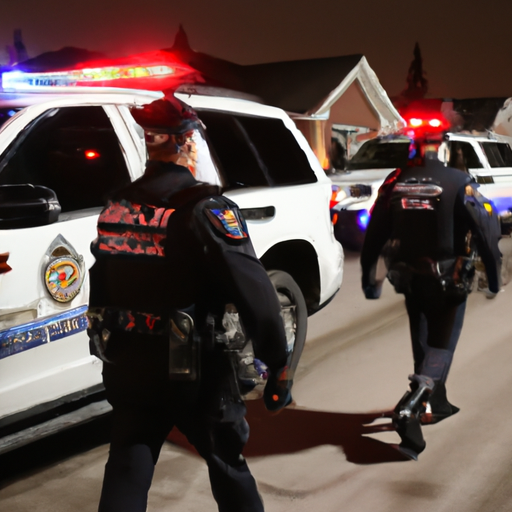First Nations Outreach Patrol: A New Hope in Canada’s Ongoing Opioid Crisis
Canada’s ongoing opioid crisis is a pressing issue that requires tenacious and innovative solutions. Today, we spotlight a new endeavor, the ‘First Nations Outreach Patrol’ in Whitehorse. This initiative tackled the escalating opioid epidemic with a refreshing and culturally sound approach.
The Devastating Opioid Crisis in the First Nations Community
According to the First Nations Information Governance Centre, individuals from the First Nations are 5.3 times more likely to die from an opioid overdose than non-Indigenous Canadians. The numbers paint a devastating picture of the opioid crisis’s impact on the homeless population, increasing crime rates, and how it exacerbates existing social and economic inequities. A coordinated effort involving health, social services, law enforcement, and community resources is vital to reverse the odds.
The First Nations Outreach Patrol
Stepping up to the plate is Kwanlin Dün First Nation, with a sterling initiative in the form of the First Nations Outreach Patrol. Valued at $600,000, this program is a team of first responders on foot, equipped with naloxone kits and trained to intervene in emergencies. They essentially provide patrols to communities within Whitehorse, ensuring that inhabitants are safe amid the opioid crisis’s chaos. This enhancement in community support represents a significant step in partially mitigating risks associated with opioid misuse.
Key Elements of the Outreach Patrol
Funded by the Federal government’s opioid class action lawsuit fund, the outreach patrol’s key function lies within the challenging protective and preventative spheres. The key duties of the First Nations Outreach Patrol are:
- Administering naloxone, a life-saving medication that reverses opioid overdose.
- Conducting foot-borne patrols in affected areas to provide immediate support and intervention.
- Aiding in delivering homeless individuals to local shelters and safe-houses.
- Supporting local law enforcement by reporting crime scenes and providing essential information.
These duties are crucial for preventing unnecessary casualty from opioid overdoses, reducing crime rates, and generally enhancing the safety and well-being of the homeless and the greater community in Whitehorse.
Success and Future Plans
Despite the project still being in its early days, Kwanlin Dün First Nation is witnessing a positive impact on community safety and decreased crime. The program is by no means a comprehensive solution to the deep-seated opioid crisis, but it provides a glimmer of hope for a community grappling with the epidemic’s brutal effects.
Down the line, plans are in place to extend patrol hours and areas, and partner with other local organizations to amplify its impacts. An important aspect of the future strategy includes dedicated case management and housing support, aiming not only to save lives in the streets but to aid the long-term recovery for the homeless affected by the opioid crisis.
Conclusion and Takeaways
With the ongoing and alarming opioid crisis, innovative responses like the First Nations Outreach Patrol are key to providing immediate safety measures and long-term solutions. This community-driven intervention is a welcome and necessary step, and embodies how the outreach patrol:
- Attempts to curb opioid overdose deaths through keen monitoring and quick response.
- Shines a light on the issue in a culturally sensitive manner.
- Supports community safety and reduces criminal activities.
- Plans to include dedicated case management and housing support in future strategies.
While there remains much to be done in terms of comprehensive services and systemic changes, the outreach patrol’s work to safeguard lives in the immediate front of the opioid crisis is commendable.
With continued support from local law enforcement and social services, combined with the promising future plans of the patrol, our hope is for similar initiatives to spring up across Canada, taking us a significant step forward in our collective fight against the crippling opioid crisis.


